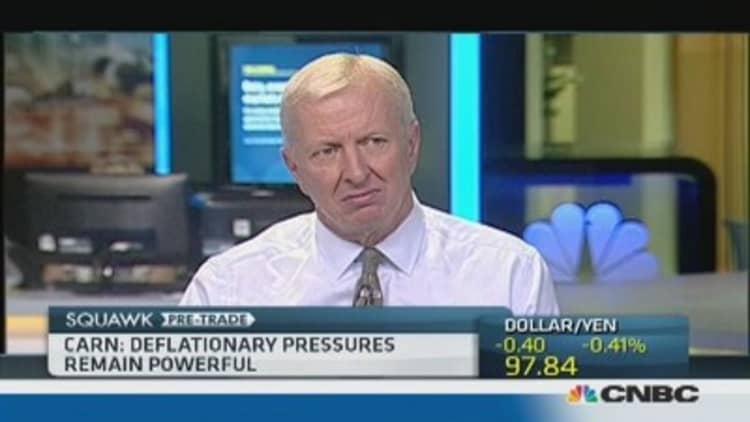European Union lawmakers have thrown out cuts made to the 2014 budget for the 28-country bloc, further inflaming tensions over the long-running spending battle.
Members of the European Parliament (MEPs) voted to reverse cuts agreed by the leaders of the EU's 28 member countries and its executive arm, the Commission, to spending in areas such as research, business investment and youth unemployment measures – initiatives they argue are vital to boosting the regions' economy.
The move threatens to draw out budget negotiations further, which need to be settled by the end of the year so the European Union (EU) has money to fund its projects.
Facing pressure from austerity-hit countries to reduce their contributions to the EU's budget the European Commission, the EU's executive arm, had earlier this year proposed cuts that meant the 2014 budget would have been 6 percent lower than the previous years.

But the heads of government further reduced the Commission's budget proposal by 240 million euros ($327 million) in commitments – undertakings to pay -- and 1.06 billion euros in payments – actual transfers in money. This would have meant that the EU's commitment plans would have been trimmed back to 141.8 billion euros, while payments would be 134.8 billion euros.
(Read more: Battle of the budgets: US, Europe gripped by political rows)
Low funding over the past few years has created intense pressure on the 2014 budget, according to Alain Lamassoure, chair of the European Parliament's budget committee.
"The situation is alarming. In the best case scenario, we arrive at a budget in 2014 that is 6 percent lower than in 2013. But 90 percent of the available money for next year will be used for finalizing old programs," he said.
"This means that at a time when the EU is in dire need of investment, we are scarcely able to invest in anything new."
MEPs will vote on the changes on October 23 and then Parliament will undergo negotiations with the heads of government to reach an agreement on the budget for next year.
—By CNBC's Arjun Kharpal: Follow him on Twitter @ArjunKharpal


